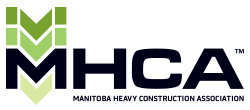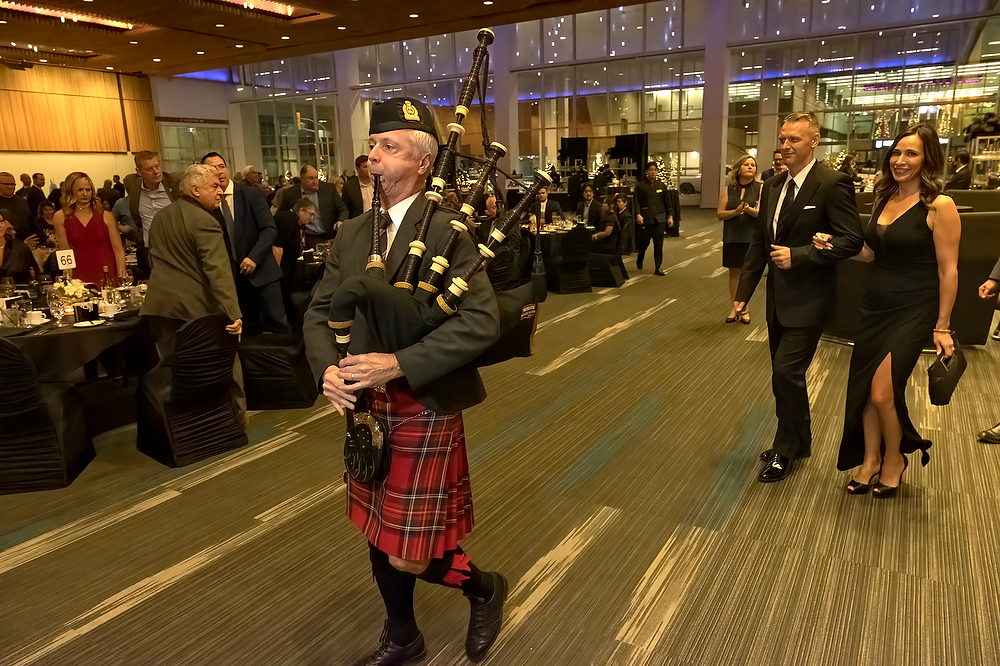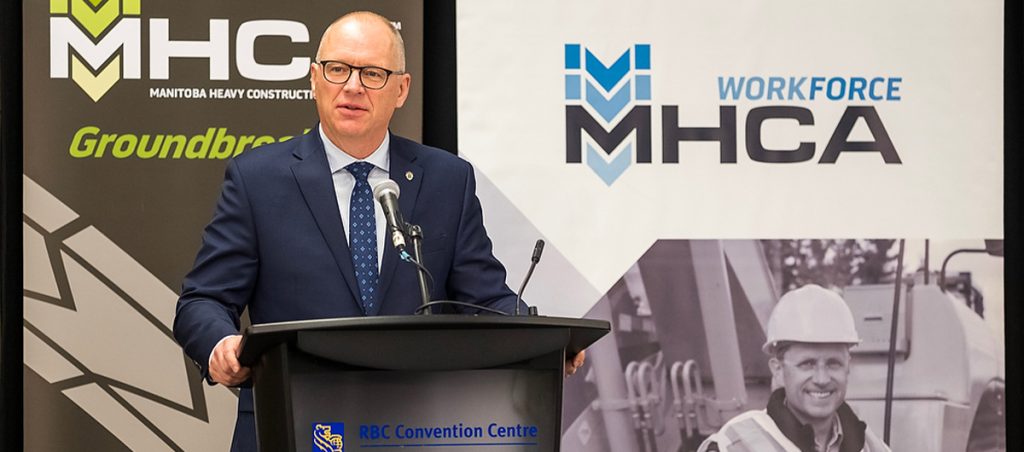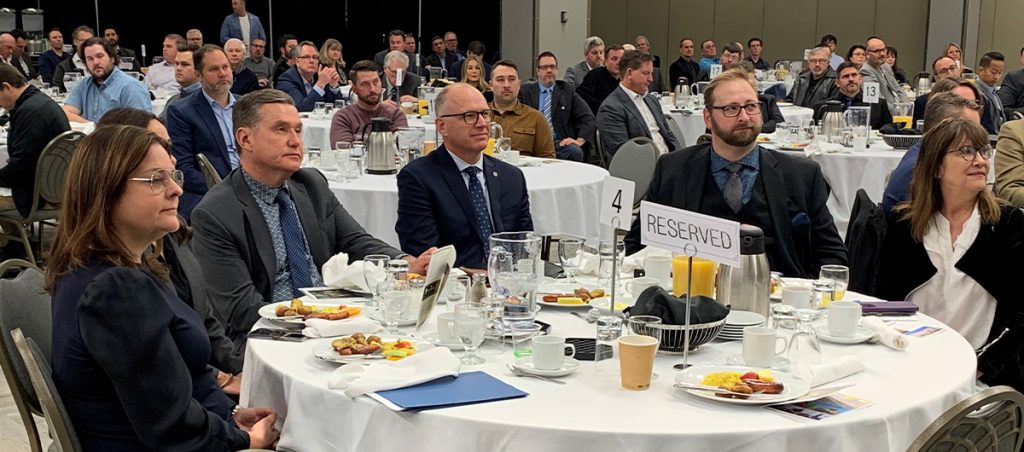Start planning for renewed streets funding strategy now: MHCA
City Council should begin the budget planning now for streets and for other priority programs, such as active transportation and bridges, so Winnipeggers understand the needs of each, how much is required to address them and where revenues can be generated, MHCA President Chris Lorenc told a Council committee December 4.
Lorenc was addressing the Infrastructure Renewal and Public Works Committee on December 4, where the preliminary 2022 Operating and Capital Budget was discussed, in the lead up to a final Council vote later this month.
The MHCA submitted a formal presentation, which noted it was in support of the budget but with qualifications.
Those issues include the fact that the draft budget is using the revenues raised by the 2% annual tax hike for its operating budget, which was headed for a deficit due to the pandemic’s impact on revenues and expenses. The budget, Mayor Bowman and Finance Chair Scott Gillingham have assured publicly the 2% tax hike in 2023 and beyond will revert back to funding the Local and Regional Street Renewal Reserve, which is to be used expressly for streets and bridges.
To make up for the $12.6 million that would otherwise be lost to the streets program, the budget will shift an equal amount from the federal gas tax revenues into that program.
“We understand this extraordinary measure and are therefore willing to rely on the public assurances of the Mayor, the Chair of the Finance Committee, and the language within the budget document itself, that indicate this is a one-time-only occurrence,” Lorenc said.
He said the revenue diversion illustrates the need for the City to fully understand the needs of the streets, bridges and active transportation system, and how it can lay out a funding strategy, which includes potential revenue sources, to fully support each.
Council previously included bridges for funding from the street renewal reserve and there have been calls to do the same for active transportation features, such as bicycle paths. Rather, each should be served by their own needs assessment and funding strategy, Lorenc stressed.
The 2022 draft budget largely fulfills the forecasts for streets, and for sewer and water main replacement. It also sets out an additional $60 million over the next six years for the combined sewer overflow program and it sets out a funding proposal to service sewer and water at the Airport Area West, to allow development to proceed.
Lorenc noted that the real challenge for the City is seen in the forecasts for the 2023 street renewal program, which is hit with steep drops in funding due to the ending of the accelerated regional street deal, struck with the City, the province and federal government. Funding to regional streets falls to $72 million, from $98 million in 2022, and then again to $46 million in 2024.
Lorenc encouraged the Committee to push for city advocacy at the provincial and federal levels for new infrastructure funding agreements, specifically what was a long-standing provincial agreement to assist with road renewal. That agreement halted shortly after 2016, when the province began basket funding transfers to municipalities.
Responding to questions from Committee members, Lorenc made clear that there needs to be a strategy to address repair and reconstruction of local streets, balanced against the needs for investing in regional roads, which carry 80% of daily traffic and are the conduits of daily commerce and trade.
A good example of strategic regional street investment is the need to complete the Chief Peguis Trail, the extension to the northwest quadrant of Winnipeg. The extension would serve to complete the inner ring road to alleviate pressure from residential or high-traffic streets and connect to CentrePort Canada, an inland trade hub.
“It also enables the repositioning of Winnipeg and the Capital Region to be a far more visible, productive and competitive player in global logistics.”








